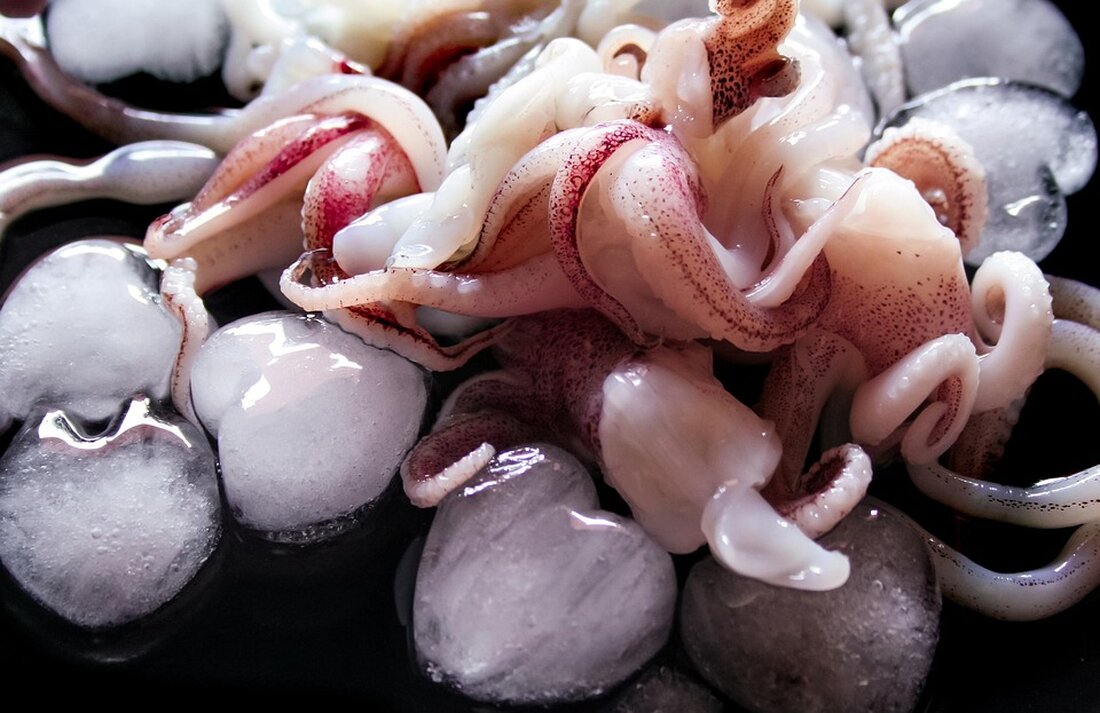Squid Game” enters the final round: capitalism or humanity?
Netflix announces the finale of “Squid Game” on June 22nd, 2025 and highlights socio-economic struggles in a new documentary.

Squid Game” enters the final round: capitalism or humanity?
On June 22, 2025, Netflix announced the third and final season of the globally successful series “Squid Game”. Known for its brutal competitions, the series taps into the late capitalist mentality and addresses the urgency of social issues in a competitive world. The announcement comes during an exciting week of new releases available on the platform from June 23-29, 2025, including a coming-of-age comedy starring Renée Zellweger and Liv Tyler and the documentary “Poop Cruise,” about a shocking incident on a cruise ship in 2013.
The third season of “Squid Game” continues to address the question of the price of success. The characters are not just participants, but also tragic figures whose fates reflect the moral dilemmas of capitalism. Loud Factual America The series serves to question social structures and economic classes.
The central characters and their meanings
Seong Gi-Hun, the main character, embodies the struggles of the working class. His gambling addiction and financial problems reflect the systemic challenges many face. Over the course of the games, he is repeatedly faced with moral decisions that question his humanity. His eventual victory comes at great personal cost and calls into question the connection between financial success and real happiness. Post-game trauma and hesitation to capitalize on one's winnings illustrate the psychological pressure that results from extreme competition.
Another central character, Cho Sang-Woo, symbolizes the dangers of unbridled ambition. A formerly successful businessman, he develops into a ruthless figure who will do anything to win, thereby encouraging self-destruction. Its development warns against the corrupting powers of money and shows the human traits that shine through even in the darkness of such a game.
Marginalization and class struggle
Kang Sae-Byeok, a North Korean refugee, sheds light on the perspectives of marginalized groups. Her quest for a better life confronts her with enormous obstacles. Initial mistrust turns into cautious alliances, but their tragic end highlights the merciless reality for the disadvantaged. “Squid Game” uses these characters to highlight the differences between socioeconomic classes and show the gap between the struggles of the poor and the indifferent amusement of the rich.
Oh Il-Nam, the game's creator, reveals the shocking gap between extreme wealth and the suffering of the everyday. His participation in the games underscores the entertainment industry based on the pain of participants and justifies the wealth inequalities that exist in society. This dynamic is exploited by the game organizers, who wield immense power, while the participants, driven by debt and poverty, fight for survival in a merciless competition.
The games' strict, single-winner structure reflects the harsh reality of capitalism and challenges viewers to question real class differences and examine the fairness of existing economic systems.
The week in which the final season of “Squid Game” is released also offers other highlights on Netflix, such as the comedy special “Filth Queen” and the second season of the dating show “The Ultimatum: Queer Love”, followed by a break-free Saturday and the comedy “Contra” on Sunday, which deals with racism and prejudice.

 Suche
Suche
 Mein Konto
Mein Konto